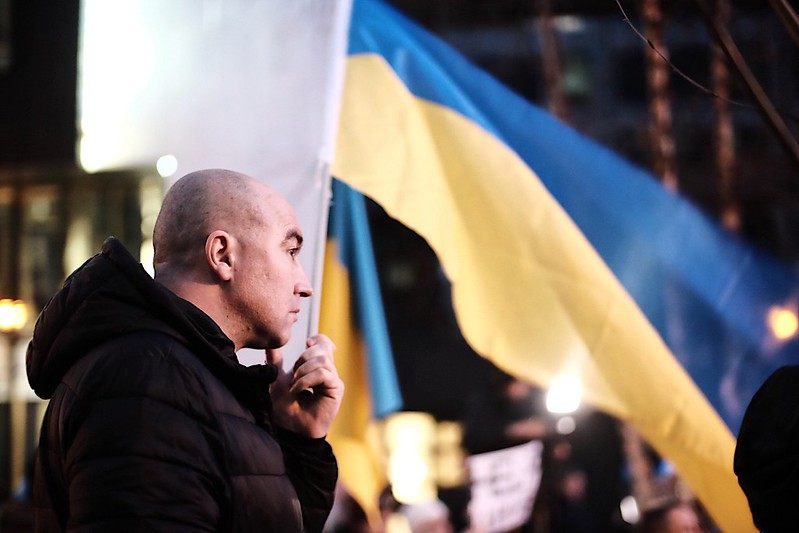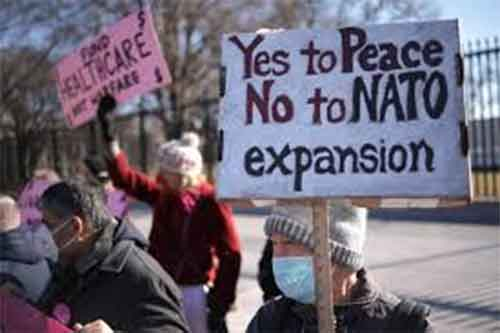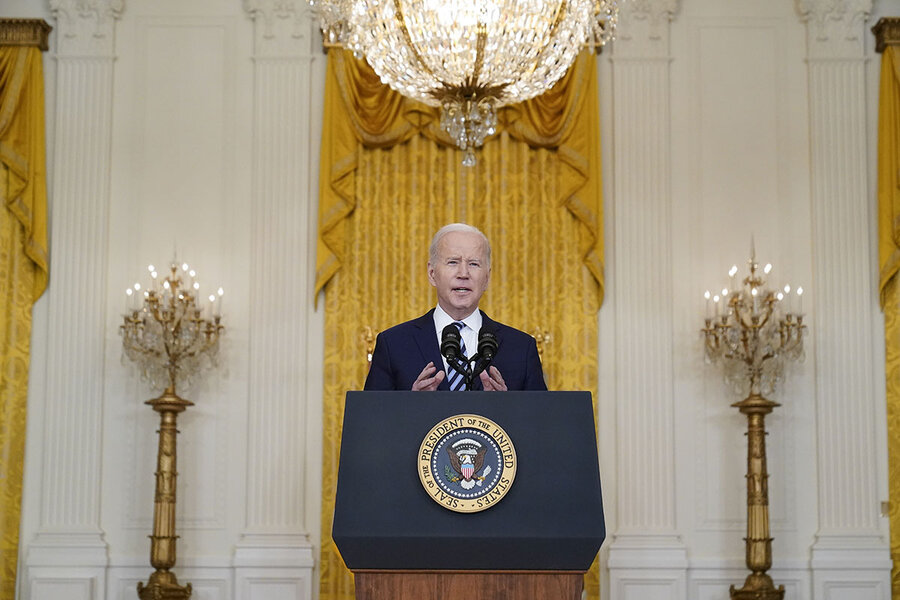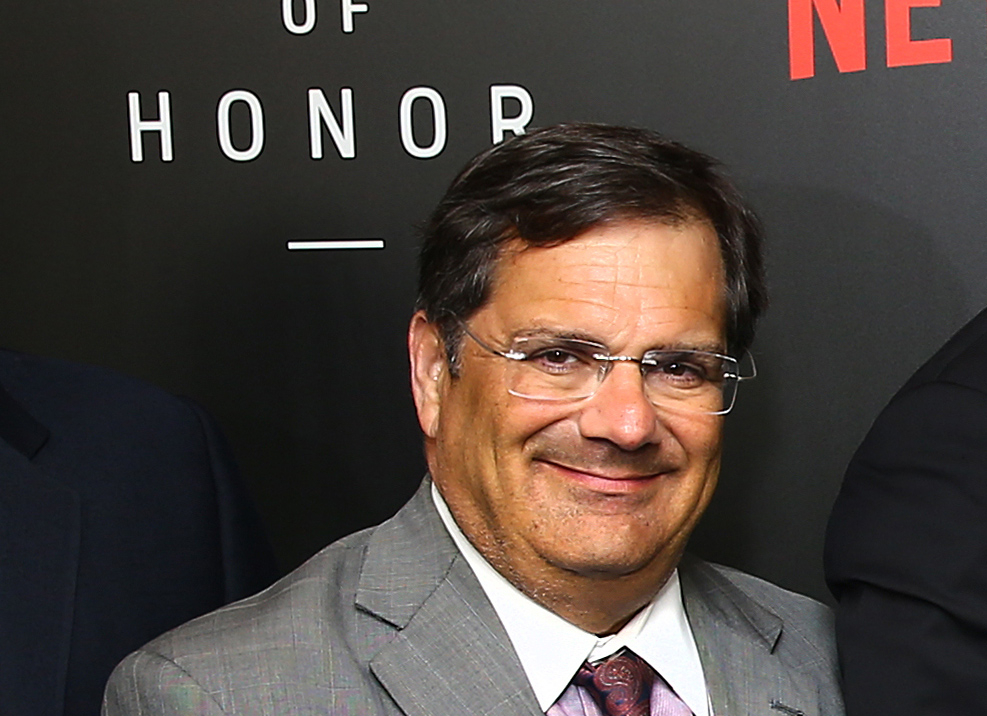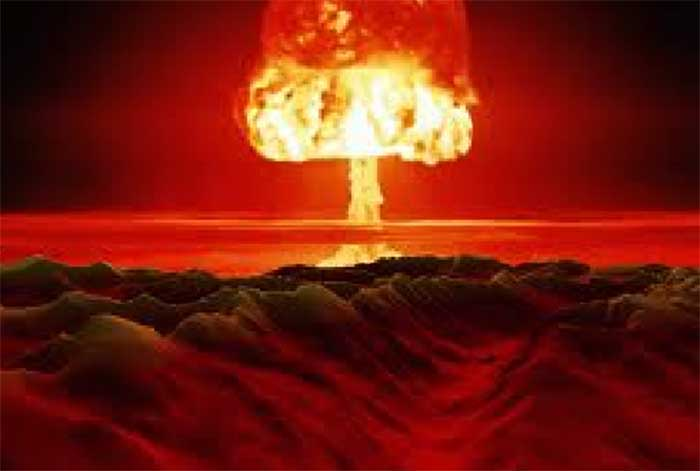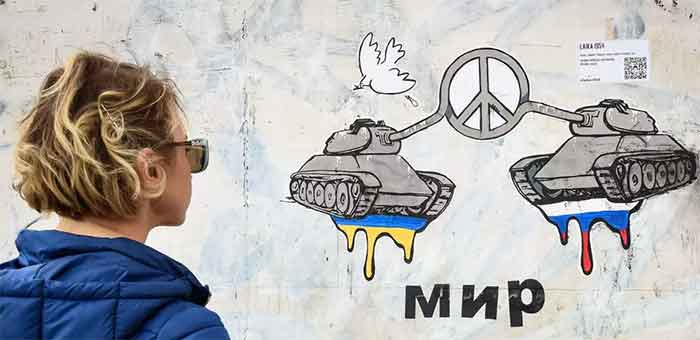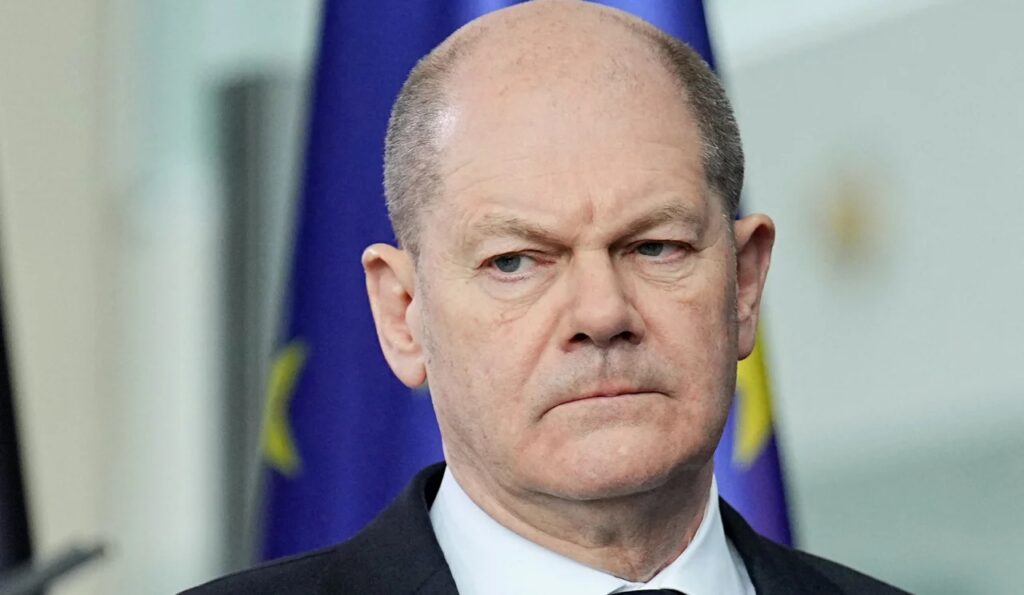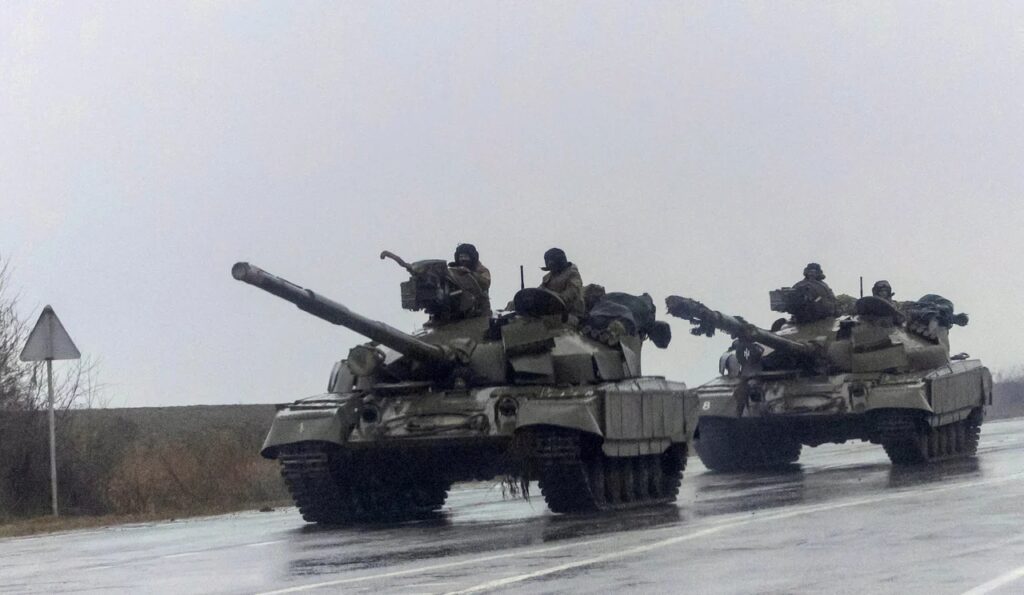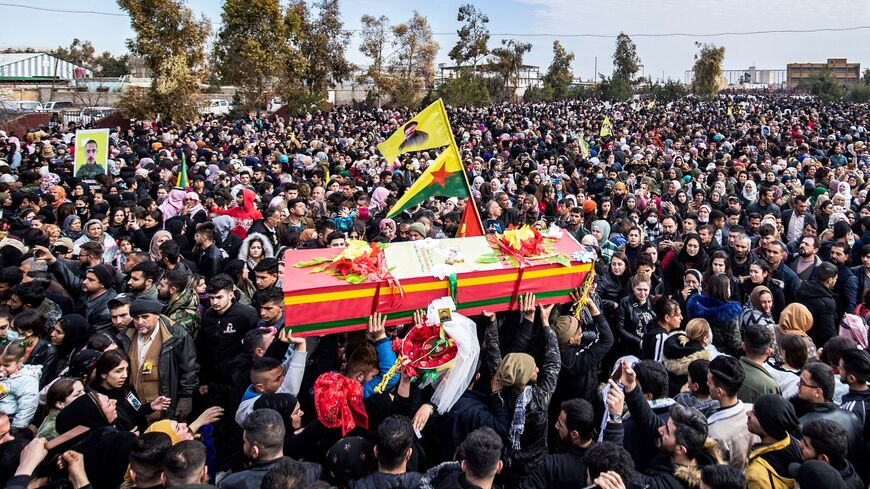A New Germany
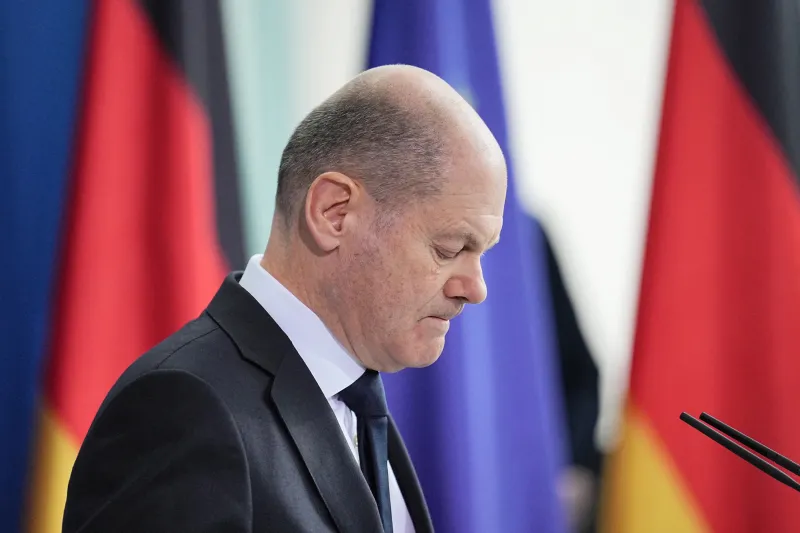
How Putin’s Aggression Is Changing Berlin
Within a week, Germany has undergone a dramatic transformation, shedding its reluctant and dovish foreign policy and committing itself to drastically increase defense spending. The shock of Russian President Vladimir Putin’s invasion of Ukraine spurred Berlin to send thousands of antitank and antiaircraft weapons to Kyiv. A country that has been criticized by its allies for doing too little, too late has jumped to the front of the pack to take on a leadership role in European security. Germany now seeks to isolate and punish Russia after decades of appeasing and accommodating it. What is more, Germany will strive for energy independence from Russia by creating new domestic energy sources while it weans itself off its Russian supply.

